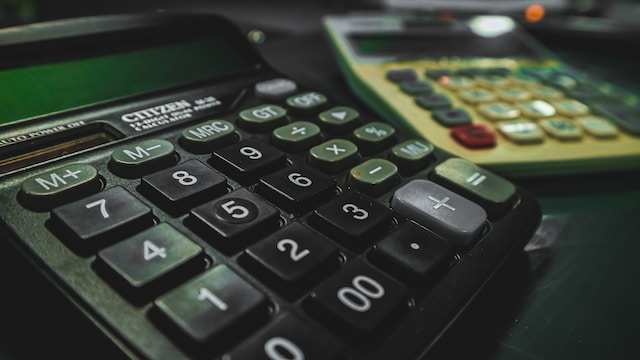Every company needs transparency in its transactions and day-to-day operations. Therefore, most of them find it crucial to hire forensic analysis services. Understanding the primary purpose of forensic analysis and accounting in the due diligence process is essential before understanding why a company must hire experts. In the following sections, we discuss what forensic analysts and accountants do.
Understanding Forensic Analysis and Accounting
Forensic analysis can help an organization prepare better for accounting and operations by combining the services of accounting, auditing, and investigation necessary for evaluating financial records. It helps uncover financial wrongdoings like tax evasion, embezzlement, and money laundering. The process engulfs a well-rounded and systematic approach to evaluating financial statements, following the cash flow, assessing issues, and recovering assets.
Organizations often hire forensic analysis services to examine and analyze their accounting procedures and systems related to legal and criminal inquiries. Experts in forensic analysis make a significant difference in a firm’s financial well-being and stability. These professionals gather financial data, create programs to run the information, and report through presentations.
Scope of Forensic Analysis and Accounting
Forensic experts in financial analysis and accounting generally work in the following areas:
- Litigation Support: Forensic analysts work for litigation support, such as injured parties, private businesses, national, state, and city agencies, accused persons, etc. Companies often hire these experts to evaluate monetary damages during legal disputes. Financial assessment through these experts helps resolve lawsuits for benefits and compensation between parties. If the case goes to court, they also provide proficient testimony.
- Insurance Frauds and Claims: Insurance companies consult forensic analysts for difficult claims covering multiple coverage areas. For instance, forensic accountants help estimate financial losses in a personal injury or car accident. They closely engage with policyholders and insurance adjustors during the process and examine different financial documents. They also collaborate with other specialists to verify various details of the claim.
- Criminal Investigations: Forensic analysts help parties discover financial crimes, prevent them, report them to relevant authorities, and retrieve lost funds. They help investigate or resolve financial crimes such as employee theft, embezzlement, insider trading, identity theft, tax evasion, market manipulation, securities or investment fraud, and money laundering.
Responsibilities of Forensic Analysts and Accountants
Forensic analysts and accountants use their special skills to conduct detailed investigations for calculating exact losses, discovering information, and finding specific differences in financial documents. They fulfill the following responsibilities during the process:
- Anti-fraud risk assessment
- Due diligence in legal agreements
- Bookkeeping investigation
- Insurance claim investigations
- Discovery during the litigation process
- Trial testimony
Forensic analysis services have knowledgeable teams of experts in regulatory, investigative, legal, and financial processes. Experts use high-end auditing, communication, analytical, investigative, problem-solving, mathematical, and organizational skills to unearth illegal economic activities and examine irregularities to handle fraud cases and recover lost assets. They frequently work with financial records and investigate cases logically and systematically. They maintain impartiality during investigations and while providing litigation support to companies.



